15 Steps To Prepare For A Disaster
Today, I have 15 steps to prepare for a disaster. I’ve been reflecting on how I started my journey to preparedness. I was living with my aunt and uncle in Chicago, Illinois who needed some help with a newborn baby. When I was 16 years old, I flew out to attend school there and help her take care of her family, especially the new little one.
My mother taught me to clean our home, plan and fix meals, and basically run a household when she had to go back to work. I was very close to my aunt and was thrilled to be able to help her with her fetal alcohol syndrome newborn baby.
It was an adjustment to leave my friends and family, but I would do anything to help my aunt and my four cousins. The reason I want to share my story is that I have always been prepared. I wrote about some of it in my book, “Prepare Your Family For Survival”.
When I moved from Las Vegas, Nevada (the desert), I had never owned a coat, let alone snow boots and warm gloves. Well, Chicago is known for its cold blustery snow storms, or at least was when I lived back there. I learned fairly quickly that my aunt and uncle didn’t have an emergency plan or understand the concept of emergency management. They had few resources set aside for hazards or really hadn’t ever considered the need to consider prevention of risk to the family from a disaster.
15 Steps To Prepare For A Disaster
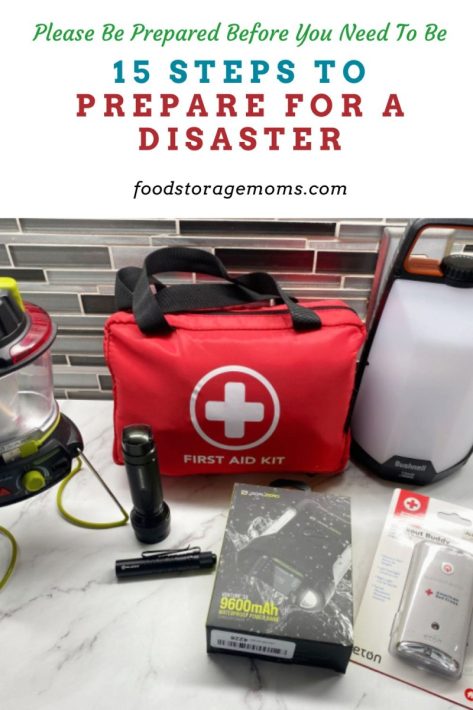
Icy Covered Roads
One day school was canceled, then another day and another. We had ice-covered streets that no one could drive on. Roads and highways were literally shut down for almost 2 weeks, or so. My oldest cousin and I had to walk to the grocery store to get some groceries. This was the first time I had heard about food shortages.
Each family was allotted one quart of milk and one pound of hamburger each week. Well, with me living there we now had a family of 7. My uncle had given us cash which really didn’t matter because we were limited to the items I just mentioned. In other words, money was pretty much useless.
Now, I grew up with a single mom who did remarry and we always had a fairly full pantry and made bread every single week. We had dinner on the table every night at 5:00 sharp. Back then we were too poor to have lessons of any kind or sports teams to join. When my dad got home we always had the table set and dinner ready to eat. It was a great routine and we loved it.
Empty Cupboards
My aunt didn’t stock food at all in her cupboards. This was a shock to me. But she did what she had learned from her childhood. Her mother didn’t stock food either. My aunt was the most loving and kind person I had ever met in my life, but many life lessons I’d learned at a young age hadn’t been taught to her.
We’ve all seen or read about the various severe natural disasters in the last few years. Today I want to talk about just a few items I feel we must brush up on so we’re as well prepared as possible. Some of you may be well prepared, but some may need a reminder to do a few things to prepare for various types of emergencies.
We aren’t talking about going crazy with new purchases or having to change our lifestyle, we just need to take some steps that make sense. We all know we need water and food, that’s a given. But there are other items we must stock in order to be self-reliant and follow quality disaster plans. It could mean becoming better organized, but also acquiring additional resources for effective emergency response.
Please remember the government won’t be able to deliver water or food to your door for days or weeks after a disaster. In fact, you may have to drive or walk to go get what you need. In other words, FEMA, no church or government entity has food or water stored to help everyone, they just don’t have that many resources at their disposal.
Possibly the emergency responders will be close to your location and can help out some with the resident there. But let’s be real, my friends, we’re on our own. As it should be. Yes, we can do this, we just need to have the plan to cover our functional needs
Prepare For A Disaster
1. First Aid Kit
I’ve written many articles about first aid kits. Here is one option that may help those who want to put one together. First Aid Kit. I found this one on Amazon that I think is perfect for someone who wants the stuff in a bag ready to go. It has a lot of important supplies in it. If you have a large family you may need more than one, or a few extra items so you feel you have enough supplies. Premium Waterproof Compact First Aid Kit You can see the inside of this one below. I really like it.
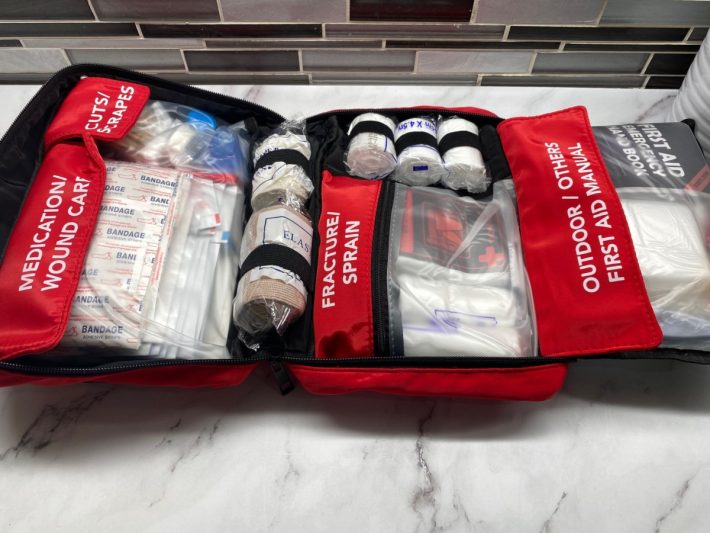
2. Bushnell TRKR Lantern
This Bushnell Lantern was gifted to me by a friend. I love it. It sits right next to my bed. I can grab it with the handle on top and run out the door if need be. It has a flashlight on the side and a RED light setting for emergencies outside. There are also adjustable settings for a light to light up the room you are sitting in. Plus, it’s affordable. Bushnell Lantern (1000L) It is a great choice if you have to shelter-in-place or if you have to evacuate when given that guidance by local officials.
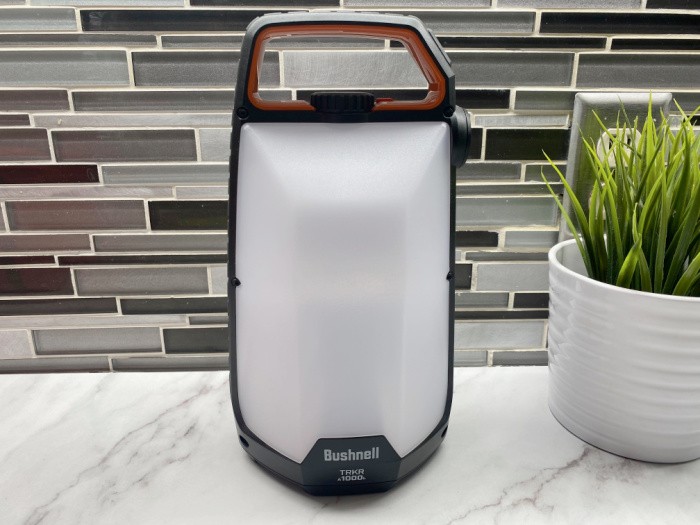
3. Goal Zero Lantern
I’ve had this lantern for a long time. It’s the Goal Zero Lantern LightHouse 250. I highly recommend it since it’s affordable, has a USB outlet, and recharges in 4 hours from a USB power source or Nomad 7 Plus solar panel. The picture shown below is the old style, in case you’re wondering. It has different features than the new one they are now offering.
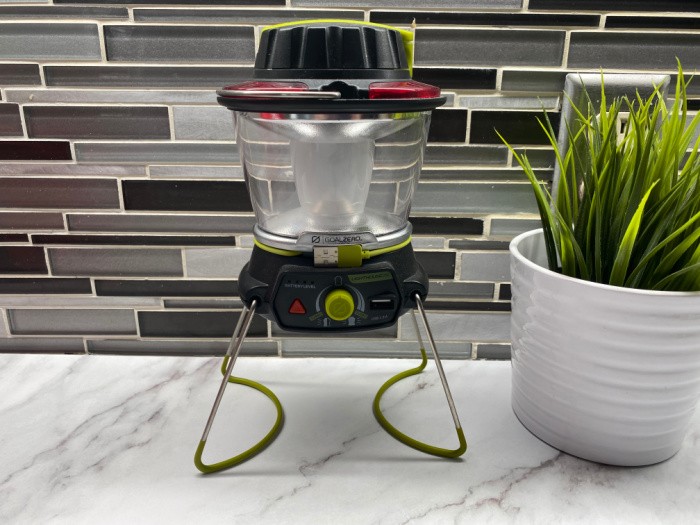
4. Flashlights-Please Purchase Extra Batteries
Everyone needs a flashlight or two, or even more if we have a large family. The ones below need batteries. I also recommend getting some solar ones as well. I got the green units in a set that was very affordable and they are LED lights. The Olight flashlights (I learned about these from Matt) are the very best. Four LED Flashlights Having enough flashlights and batteries is all part of the planning process.
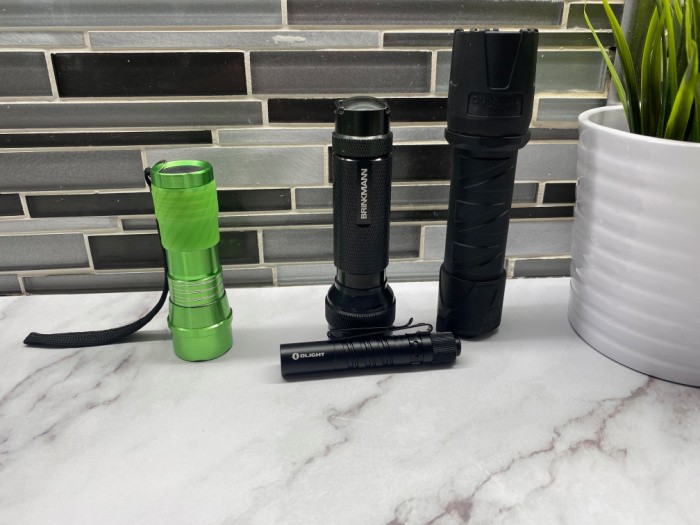
5. Power Bank
I chose this one because I love the Goal Zero brand. Goal Zero Venture 35 Portable Charger Power Bank. This is the cheaper one because it will only power a cell phone, headlights, and a tablet. Of course, this all depends on the wattage of the ones you have. It will work with the smaller devices I have. I would have to buy something else for my laptop, so keep that in mind.
You can pair this one with the Goal Zero Nomad 10 Solar Panel which makes it very versatile. You can charge it to your wall outlet when you have power so it’s ready to charge your phone when the power goes out. It’s dustproof and waterproof so it’s perfect for camping or hiking. It has a USB-C (18W) delivery port as well.
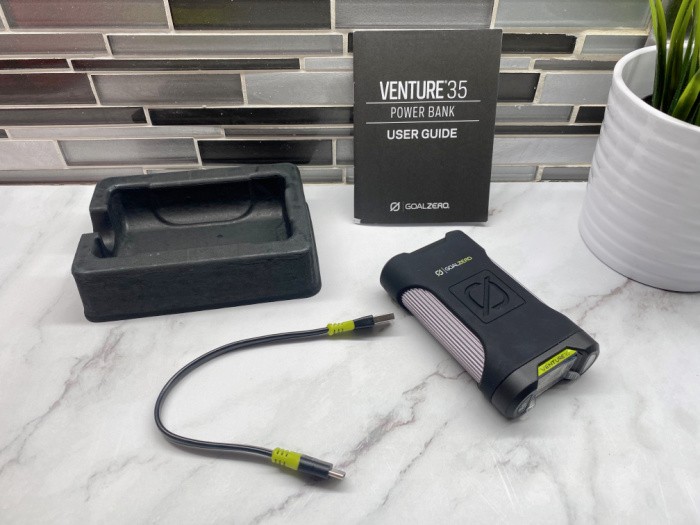
6. Power Outage Plugin
These are fairly inexpensive and yet work great when the power goes out. The lights turn on automatically when power is lost. If you can afford one for the hallway, kitchen, or a few bedrooms, that would be awesome. And for sure it’s a safety measure. American Red Cross Blackout Buddy. (Doubles as a night light and emergency flashlight).
If you have older adults in your home, having enough light for them to see how to get around is vital. These are also a great idea in case you experience a workplace emergency, whether a severe winter storm, flood, wildfire, or other circumstances where power is lost.
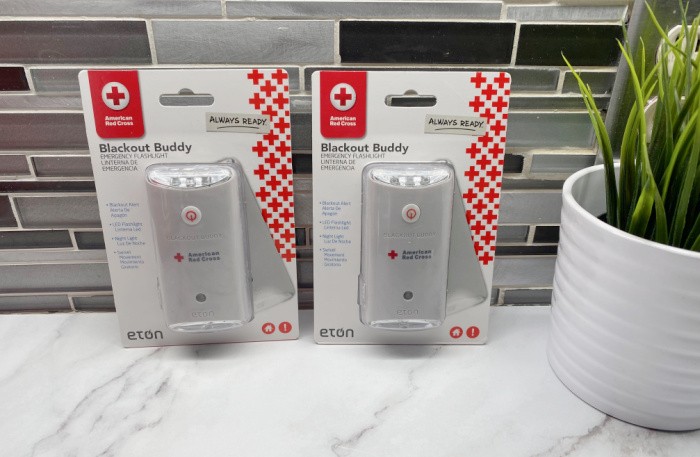
7. Batteries
Be sure and stock up on the batteries you use. Sam’s Club, Costco, and possibly the dollar stores are great places to get them, just have some stocked. I bought these cases, but a box would work just as well. Waterproof Battery Holder Case. Don’t wait to hear weather warnings before you stock up, do it now.
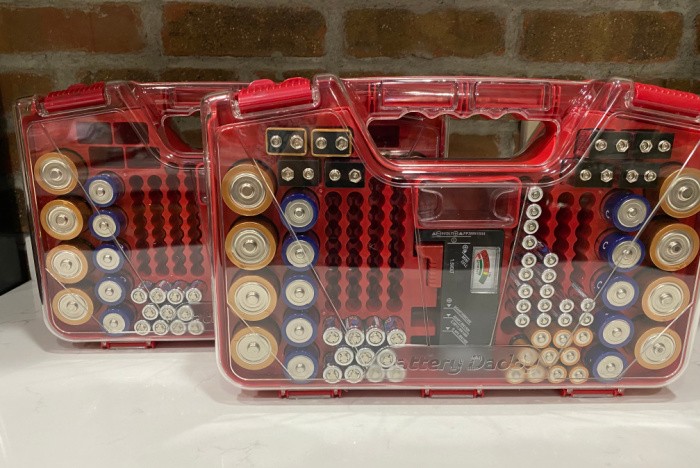
8. Sun Oven
I only recommend a Sun Oven for baking and cooking if you have a lot of sunshine in your area. They work great since you can bake whatever you do in your conventional kitchen oven. With enough sunlight, they generate the same temperature and perform at the same amount of time. The bonus, the food doesn’t burn. I highly recommend using the Sun Oven from 10:00 a.m. to 3:00 p.m. You can’t start a roast at 3:00 in the afternoon, it won’t have enough sunshine for it to bake long enough, I hope this statement makes sense.
I want you to think of using it when you wouldn’t want to be outside in the hot sun. That’s the time period when people typically get sunburned, but a great time for this oven to do its thing. So there you have it. Once you use it you will use it often, I promise. It works much better than trying to use a man-made firepit, but again, you do need consistent sunshine.
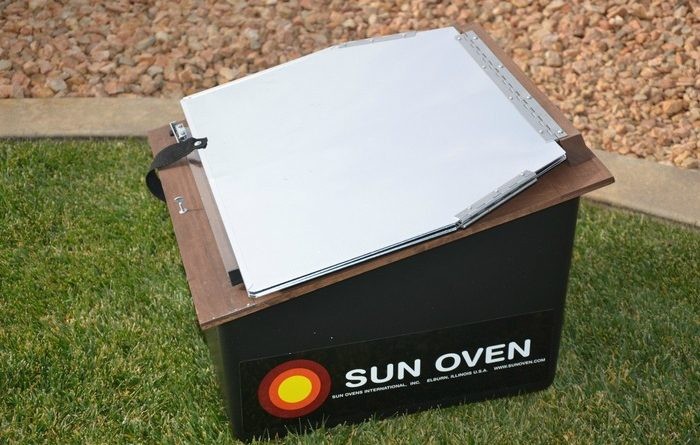
9. Butane Stove with Fuel
In case you missed this post, Alternative Cooking-With Butane Stove Off-Grid. I show step-by-step instructions on how to use it. Butane Stove with Fuel Give one of these a try when you’re looking for best practices when considering alternative cooking devices.
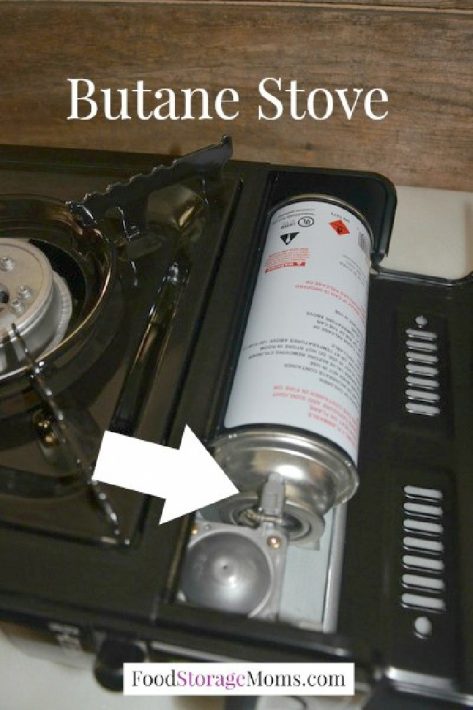
10. Fuel
In case you missed reading the post about fuel, here it is, Emergency Fuel To Store For Survival. Color-coded 5-gallon buckets with matching Gamma Lids is the way I’ve organized mine as part of an overall emergency supply kit for fuel needs.
The blue buckets are regular charcoal without lighter fluid, the red buckets are oak hardwood charcoal, and the black buckets are filled with pinecones. The green ones are filled with clean raw wood scraps, with no paint or stain on the pieces.
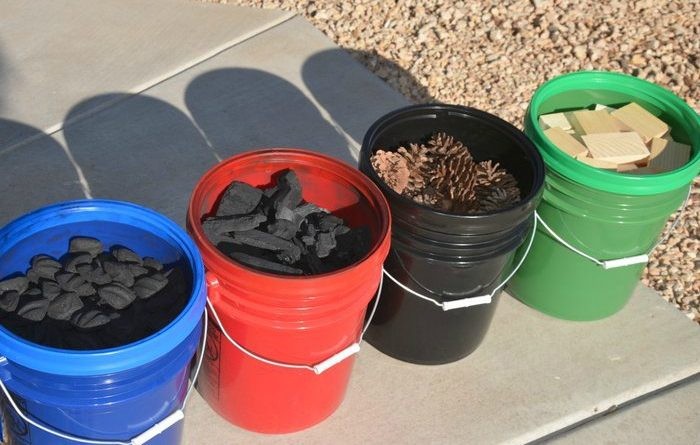
11. Get A Dutch Oven
If you have a Dutch oven, and some charcoal (dig a hole in a safe location) then you can boil water, and cook just about any meal you may need. I prefer a 6-Quart Size because of the weight since I can’t lift heavy items anymore. Lodge 6-Quart Dutch Oven (be sure and check thrift stores for good used ones).
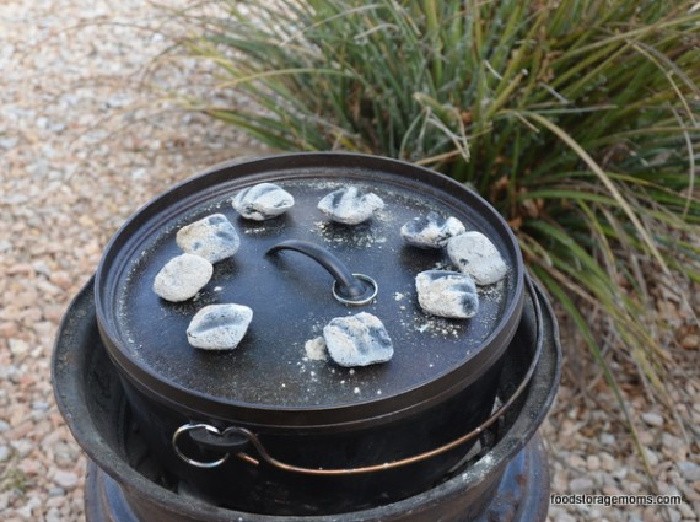
12. Learn to Make Bread/Dinner Rolls
My bread recipes are truly no-fail recipes, if you have fresh ingredients. Please store your yeast in the freezer to keep it fresh. Your monthly supply can be stored in the refrigerator but not your pantry, it will go bad very quickly. Please start with dinner rolls, yes, you can do it, I promise. You just need fresh ingredients. Make a pot of soup and fill the belly with soup and the best darn dinner rolls ever.
Bread is a great food choice for your own family, but also to share with neighbors in your support network.
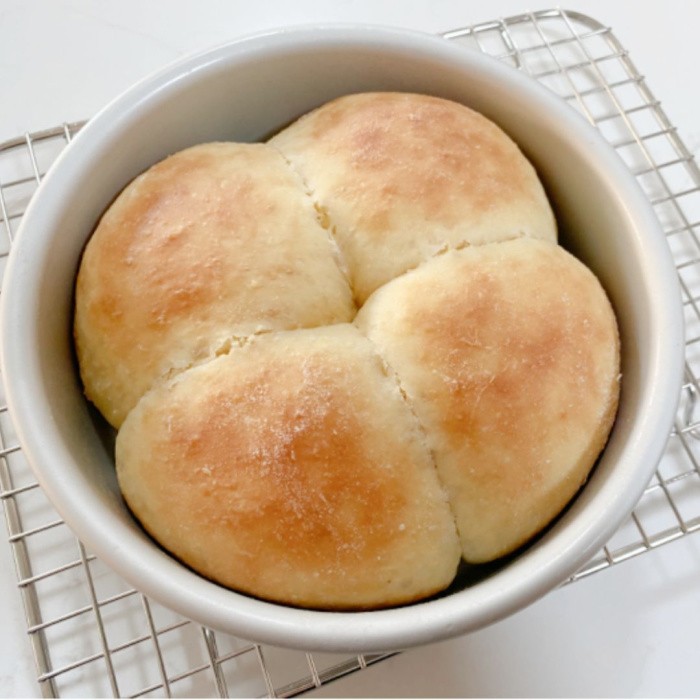
13. Learn to Make Biscuits
I grew up on biscuits, anyone can make them. They can be served with just about any made-from-scratch dinner. Easy Homemade Biscuit Recipe

14. Teach Your Family To Cook From Scratch
In case you missed this post, Cooking From Scratch 101. Please print out any recipe that would be easy to make and teach your kids and grandkids how to make it. Cookbooks are awesome. You can find simple recipes to teach those who need help. Creamed Chipped Beef

15. Cleaning Supplies
Please stock up on cleaning supplies. Bleach will be a critical component if we have a sewage issue or contaminated water problem. It’s better to have too many clean rags, and towels, or paper towels. Please stock 33-gallon black garbage bags, we’ll all need them, trust me. In case you missed this post on bleach, Bleach: Everything You Need to Know
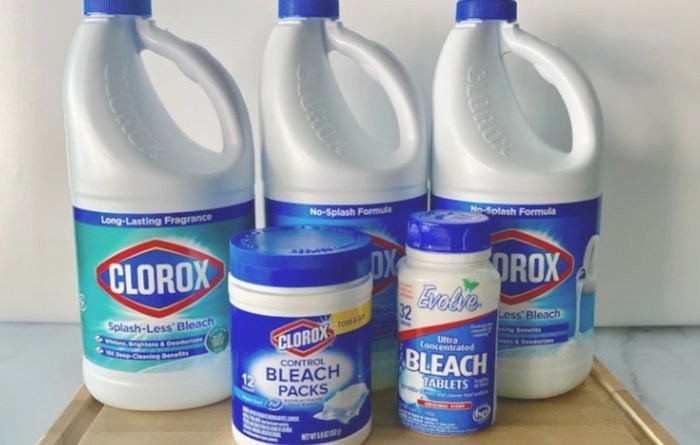
Final Word
I hope you enjoyed my 15 Steps To Prepare For A Disaster today, it’s all about the little things that make our life easier and safer. Please be prepared before you need to be. We don’t know when a disaster may strike, so get started with your preparedness plan now. May God Bless this World, Linda

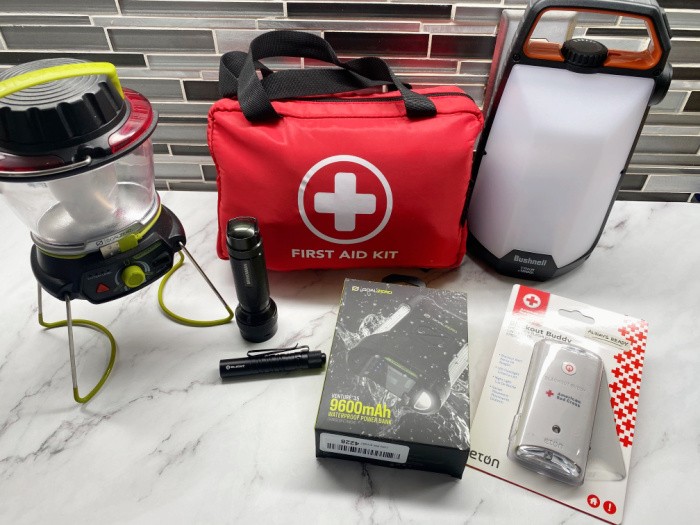



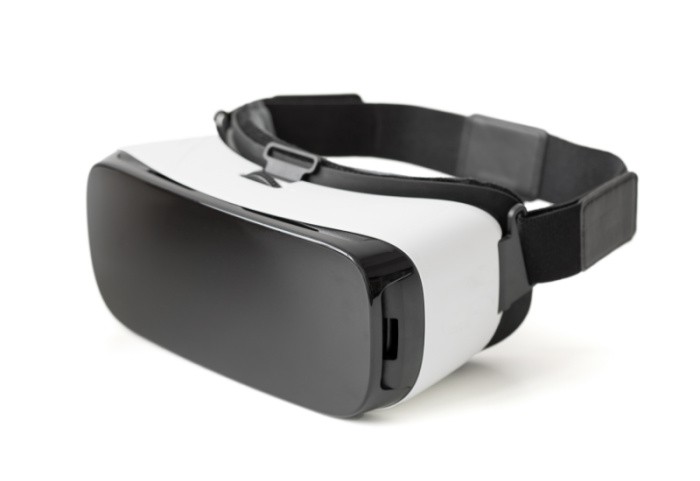
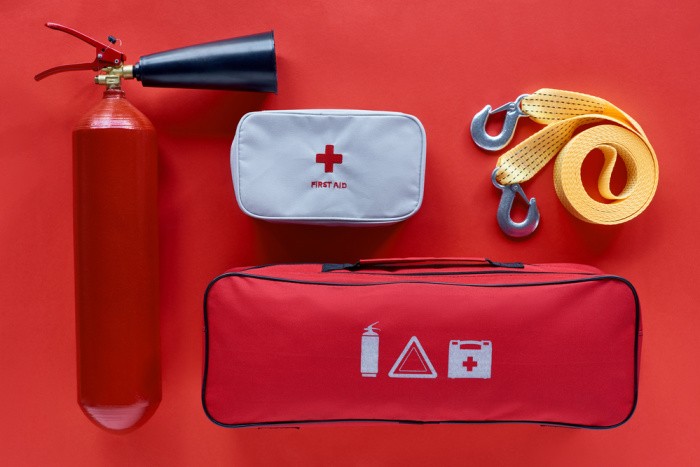
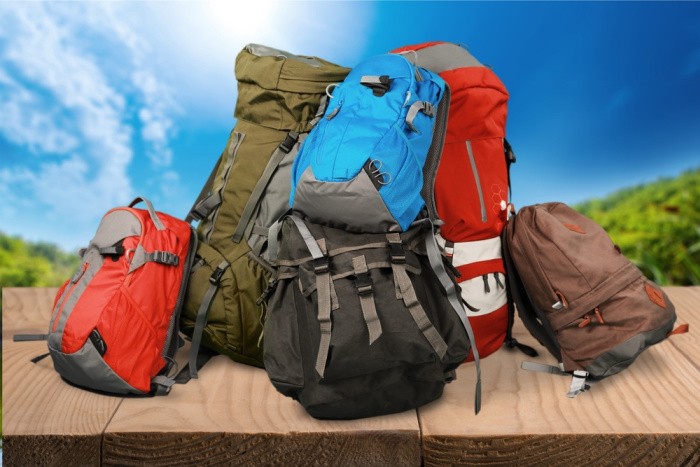
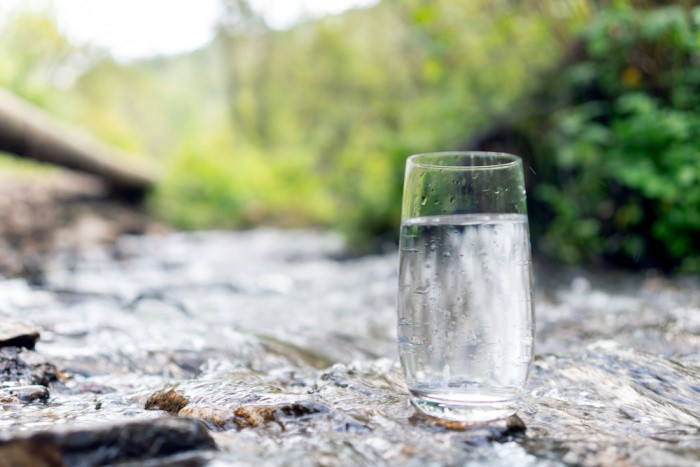
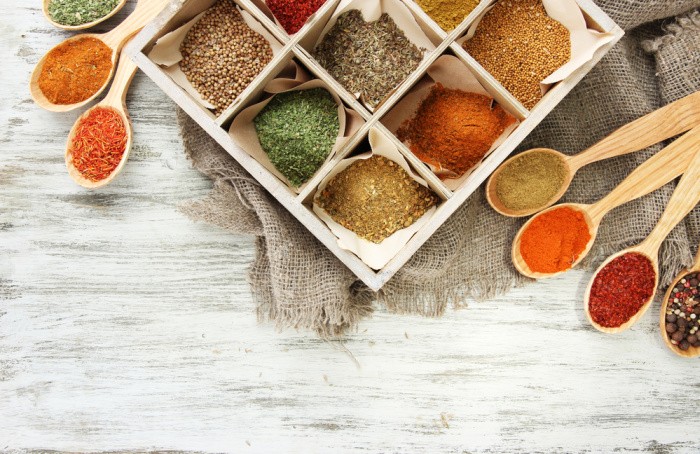
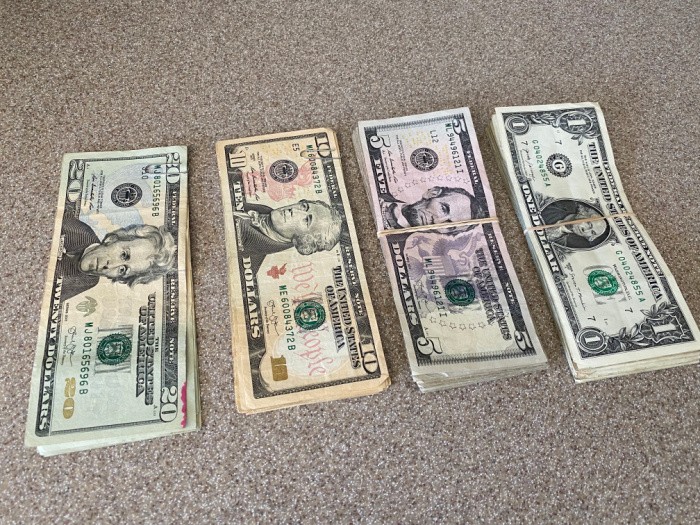
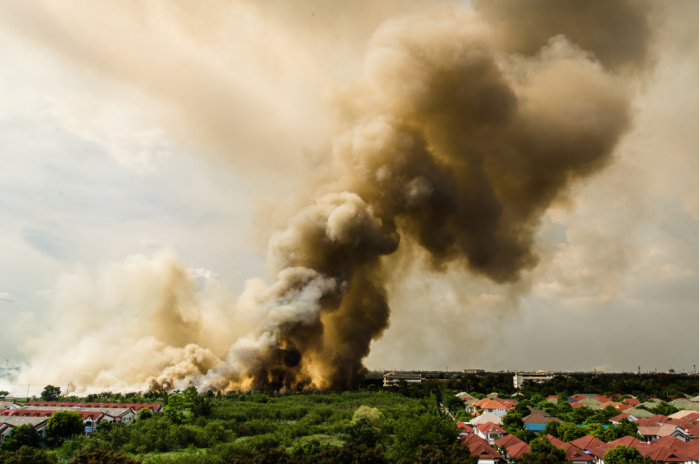
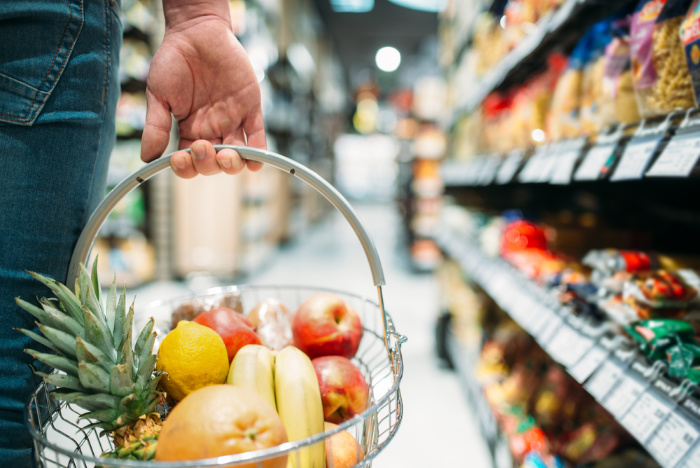
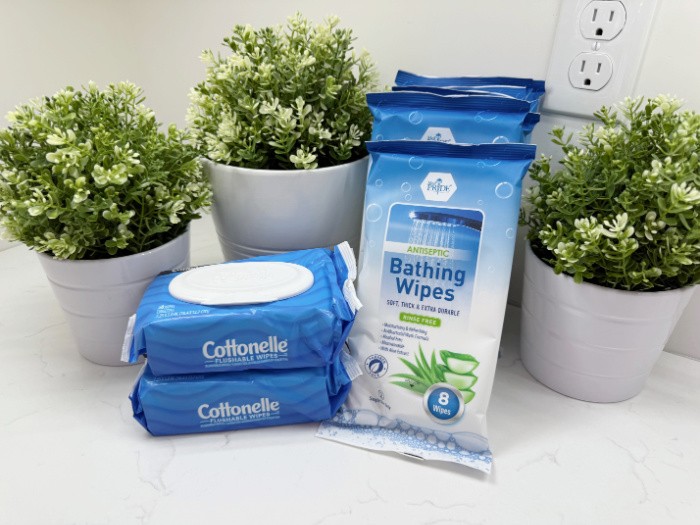
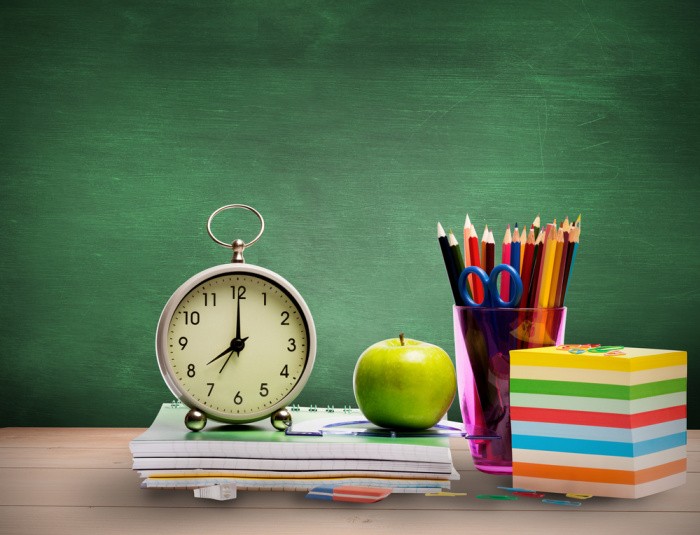
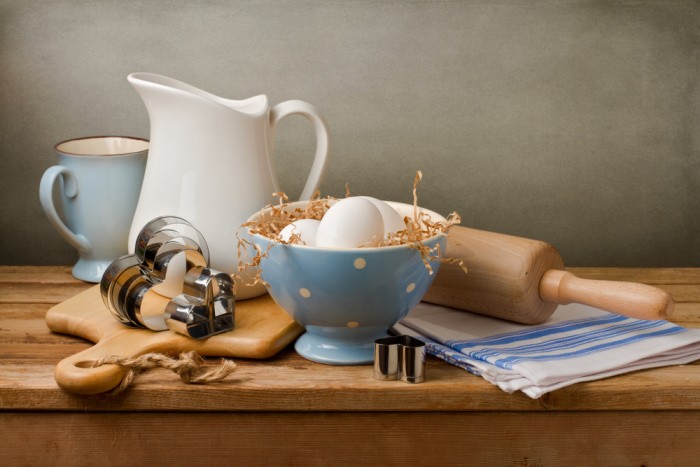
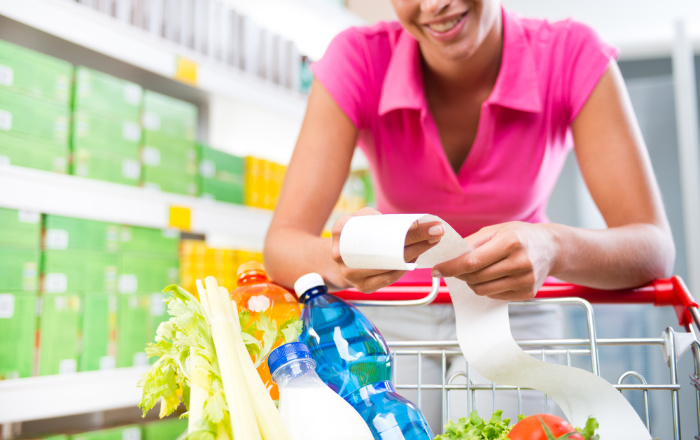
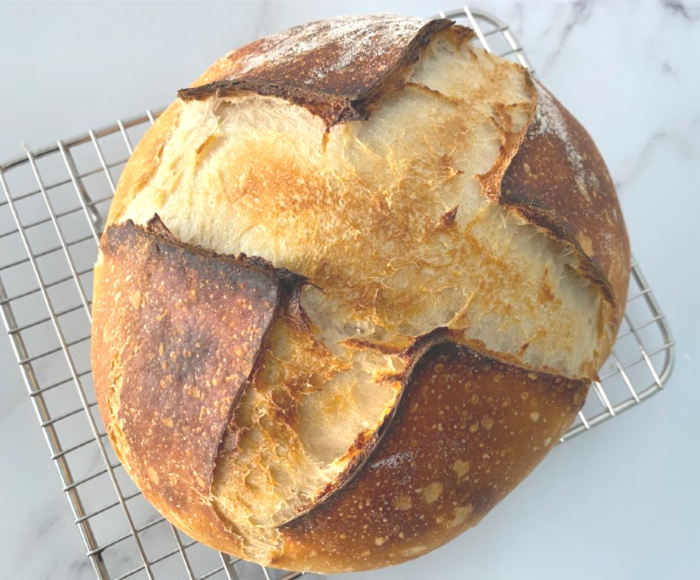
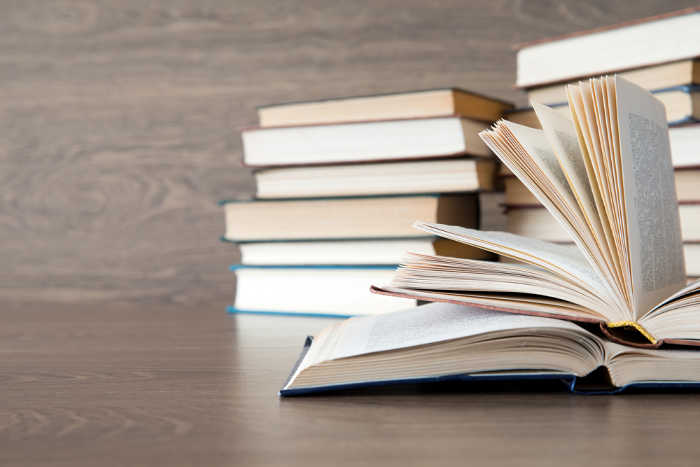
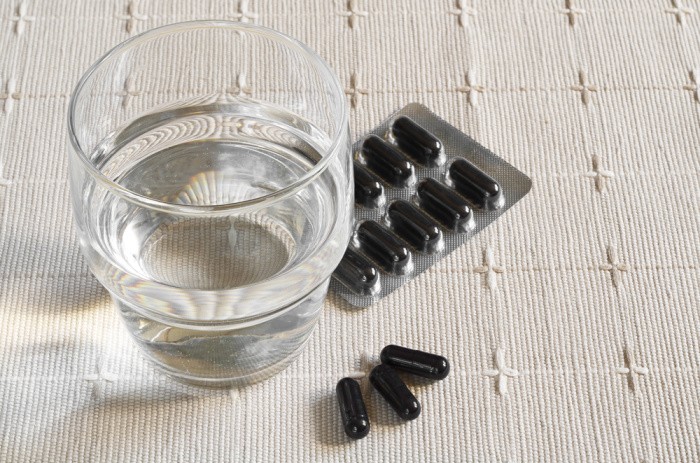
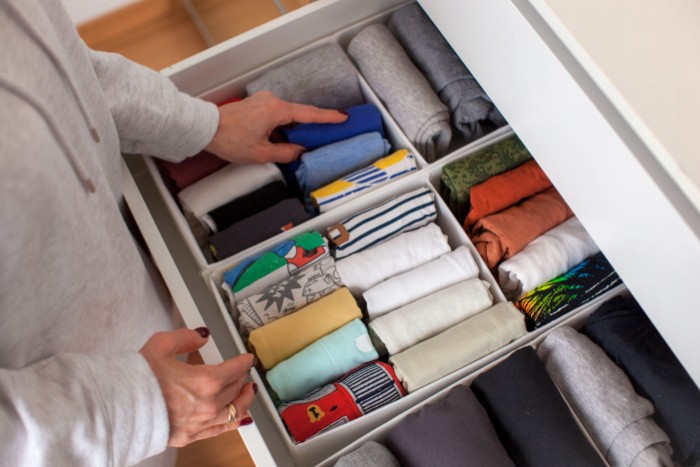

Great article Linda. I’m in central Maine – we are experiencing a snow/sleet/freezing rain storm at the moment. Typical for us. I always make sure my laundry is caught up – power outages are a thing! 🙂
We have a generator, heat with wood and have plenty of supplies so no need to venture out.
Hi Beth, oh, if I hear a storm coming I start the laundry ASAP. Freezing rain with snow and icy roads is my worst fear. I always stay home. I’m glad you have a generator!!! Yay! Linda
Great post, Linda! As usual! I live in East Texas, so we rarely get snow. Lots of sunshine though. I need to buy or make a solar oven. I’d also like to make a solar dehydrator. I grew up with a mom and grandma that were preppers before the word existed. LOL My mom was born in 1928, grandma in 1901, I was born in in 1951. My grandparents were farmers, so it’s what I know. Canning and freezing were the food storage methods I learned. That and saving flour and sugar in 5 gallon buckets. LOL Loved it! I also grew up shelling beans and peas and snapping beans. Nothing is better than fresh produce!
Hi Deborah, my mom was born in 1929, my grandmother in 1909, and I was born in 1950, boy talk about similar dates! You were lucky to grow up on a farm, oh the lessons you learned are invaluable. I have always had a huge garden until we downsized to Southern Utah. But we only have 2 in the family now, so I don’t have to can as much. Hopefully, I can have a garden this year, I miss digging in the dirt and harvesting fresh food. You are so right, nothing is better than fresh food! Linda
Good stuff. Game playing, life experience and just paying attention along with research will help you prepare for possibilities and eventualities.
For the levels of preparedness the questions are:
What does it take to keep me alive?
What does it take to keep me comfortable?
What does it take me to maintain?
Hi Matt, thank you for your kind words. I love those three statements. You nailed it, if we can do those items we can survive most anything. Linda
I can relate to growing up very poor. I taught myself canning, freezing and preparedness. I think I have found a way to teach my family. My grandsons were playing the “What If game “….. What if they won the lottery? When it was Grandma’s turn, I asked “What if they lost water for 5 days?” It got the boys thinking about the creek behind their home. On my next turn, I asked “What if the truck was broke and they couldn’t get to the store for 6 days?” That led to a serious discussion about Grandma’s pantry, how our daughter in law has been learning frugal ways and keeping a pantry……and our grandsons secret candy stash…..lol…… We talked about taking care of ourselves. We gave the boys three extra solar-powered lanterns we had. They thought about reading in their beds at night, but we know they will come in handy someday.
HI Chris, I love this, great idea! Lanterns for the boys will come in handy for sure. Love it! Linda
This is a great article. I had never even heard of the power outage plug ins until I read this. I just ordered them. Just goes to show, that there’s always something you may miss. Thanks for another helpful article-lots of good information.
HI Lisa, thank you for your kind words. We all learn from each other, that’s for sure. Linda